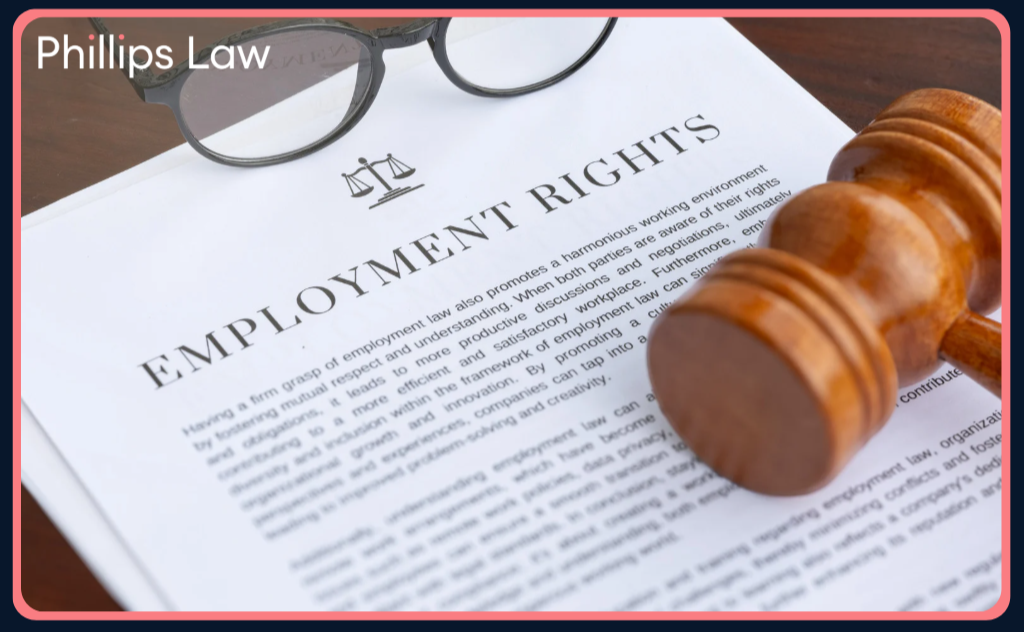
19 November 2020
As we enter the winter months with many people being asked to work from home again, whilst others have not been back into the office since March, so it might be cheering to think that there is a small contribution in the form of a tax break towards expenses.
The first lockdown had the benefit of some very good weather and the long days of summer. However, few people are aware of how heated offices actually are until they have to work from home. The effect of additional heating and lighting costs are likely to be felt by many and this is the Government’s effort at helping.
Am I eligible?
To be eligible, you must be carrying out duties of your employment under homeworking arrangements. This means that you are regularly performing some or all of your duties at home.
You will be eligible to receive the allowance from March 2020 and for the 2020 – 2021 tax year, but if you qualify you may also claim for March 2020 in the 2019-2020 tax year. At the moment, the scheme will not be available from 5 April 2021 onwards.
What costs could I claim for?
Costs and expenses that have been incurred because you have had to work from home. Suggestions are additional heating, additional electricity use for lighting and computers, business calls, additional broadband costs and additional metered water. It may even be that you have had to purchase computer equipment in order to work from home and potentially this too could be claimed for.
Where, as is often the case, it is not possible to calculate the extra costs, then a claim for £26 per month (£18 per month prior to 6 April 2020) for monthly paid employees or £6 a week (£4 per week prior to 6 April 2020) can be made without having to justify the figure. This amount will not cover the cost of business calls, for which an additional claim can be made based on actual costs.
You cannot claim for any expenses that you would normally have to pay such as mortgage interest or rent, council tax, ordinary water rates and insurance.
What if I only work from home some of the time?
You are still entitled to claim the full £6 a week deduction and there is no need to reduce the deduction.
My employer has already paid me for these expenses
Where your employer contributes towards homeworking expenses then you can only claim for the portion which has not already been covered by your employer. So, you will have to reduce your tax relief claim.
How to make claims:
You can claim online, using the online P87 micro-service, by phone, by post or through your tax return if you are registered for self-assessment.
Full details are available from Gov.uk website to help guide employees to the most appropriate method for their circumstances.
When using the online micro-service, you will need to have your Government Gateway ID. If you do not have one, you can create one as part of the process.
Please note this is only a preliminary overview and does not constitute legal advice. We will continue to update this information with new advancements from the government.
Should you have any queries about this or any other employment issues, please contact Gill Brown or Jacqueline Kendal in our Employment Law team.
Call Gill on 01256 854605 or email [email protected]
Call Jacqueline on 01256 854626 or email [email protected]
Alternatively, click here to go to our contact page.
Disclaimer
This article is current at the date of publication set out above and is for reference purposes only. It does not constitute legal advice and should not be relied on as such. Specific legal advice about your specific circumstances should always be sought separately before taking any action.
Contact Us
Please call us or email and we’ll get back to you as soon as possible.

We are delighted to announce that Phillips Law is the regional sponsor of the Knight Frank Schools Triathlon, supporting both the Charterhouse and Marlborough events. The Schools Triath ...
More
What farming families and business owners need to know If you own a farm, land, or a family business, you will have undoubtedly heard that inheritance tax (IHT) rules are changing. Whil ...
More
We are about to see a great wave of Employment Law changes following the Employment Rights Act 2025 becoming law in December. We will use these updates to keep you abreast of the change ...
More
As we look back on a busy and notable January at Phillips Law, we wanted to share a round-up of recent milestones, insights, and community moments from across the firm. Phillips Law cel ...
More
A guide to share incentivisation for employers and an update on the new employment rights. We have created a morning of practical insight that focuses on how you can reward and retain y ...
More
We are proud to announce Victoria’s Promise as Phillips Law’s Charity of the Year for 2026. Victoria’s Promise is a local charity providing dedicated support to young women aged 25 to 5 ...
More